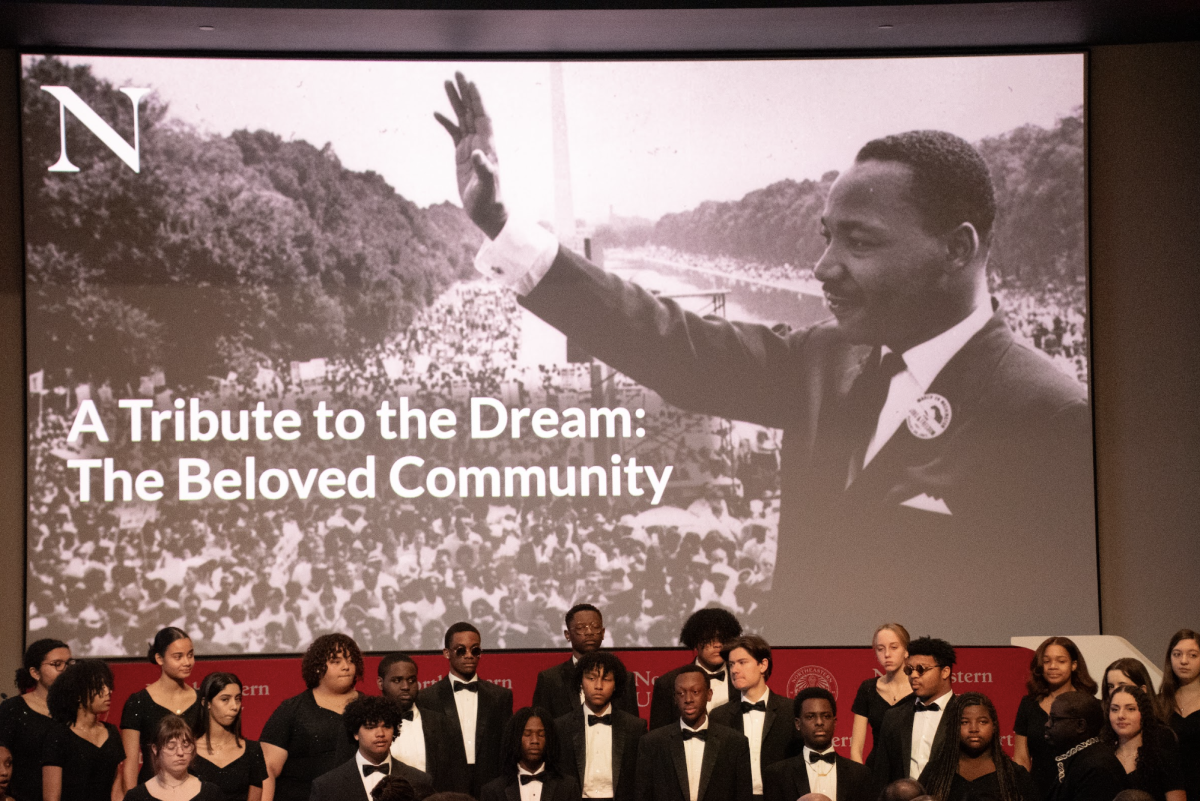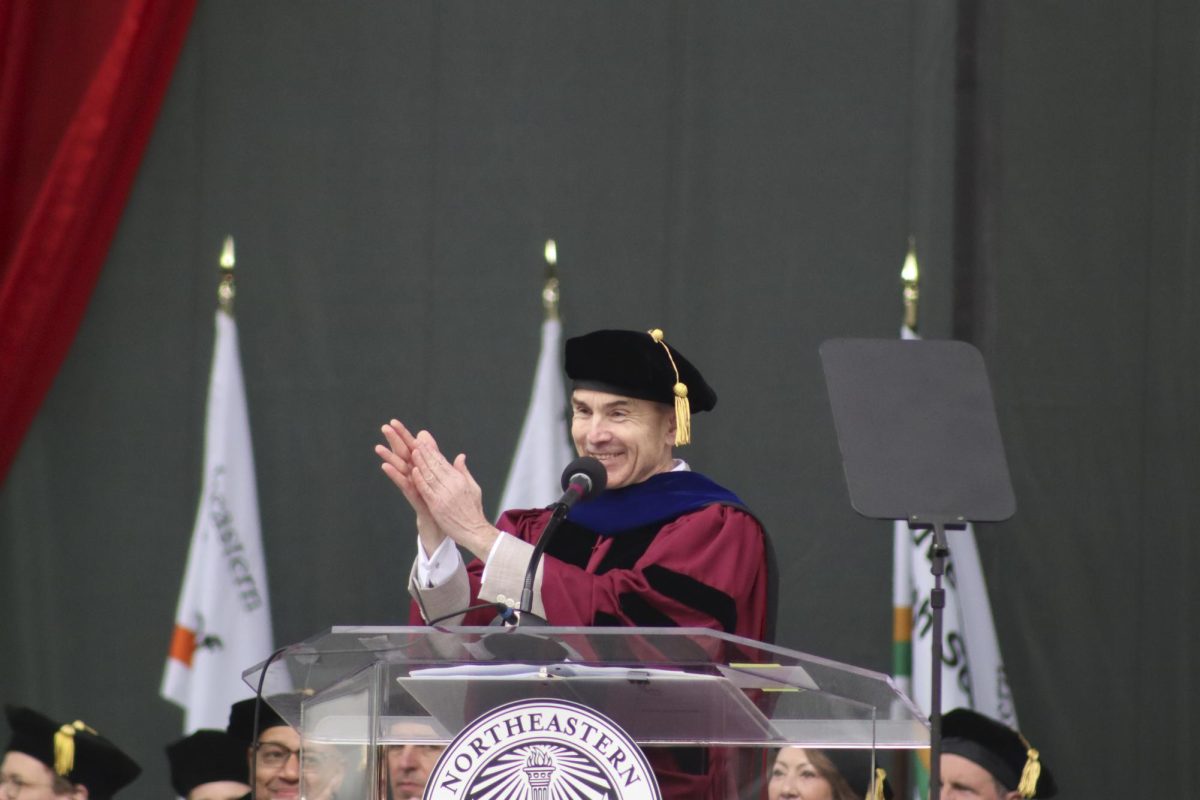By Elizabeth Dudek
Northeastern’s Jewish studies and cinema studies departments will be lending a hand this year to the 16th annual Boston Jewish Film Festival (BJFF), which runs from Nov. 3 to 14. The two departments will sponsor the New England debut of the film, “The Rashevski’s Tango” by Sam Garbarski.
James Ross, director of the Jewish studies program, said he is delighted in the relationship Northeastern has built with the BJFF and explained some of the benefits this relationship offers the university.
“We have, in the past, been involved in screening and selecting films. BJFF also works with us to sponsor other events throughout the year, such as a documentary on the Israeli-Palestinian conflict we showed in connection with a symposium on press coverage of the conflict two years ago,” Ross said. “With our sponsorship, we get a number of complimentary tickets which we share with students, faculty and alumni. I hope this relationship continues because this is one of the outstanding annual Jewish film festivals in the U.S.”
The festival, which is the second oldest Jewish film festival in America, has grown dramatically in popularity since it was founded by independent filmmaker Michal Goldman in 1989 said Sara Rubin, the executive director of the festival.
She also said she has been working to increase the appeal of the festival to communities throughout Boston, including the world premiere of “The Gay Marriage Thing” directed by Stephanie Higgins on Nov. 8 at the Coolidge Corner Theater.
“The Festival is welcoming to many different people, including non-Jews. We target specific groups by selecting films that deal with issues of interest to gays and lesbians, Russian-speaking Jews, Jews with French or Latino origins, women and others. Our viewers are both avid filmgoers and occasional viewers; extremely assimilated and deeply involved in Jewish activities,” Rubin said.
Rubin attributed the festival’s growing popularity over the past several years to the increase in the number and qualities of films.
“In its early years, the festival showed between 20 and 30 films during an 11-day period in November,” Rubin said. “We now show more than 40 films each year, 45 this year,” she said.
Film festivals around the world recognize the quality of the films shown at the BJFF and often use films they see listed on the BJFF Web site, said Rubin
Northeastern will be hosting one of these discussions Nov. 7 at 2:30 p.m. in 135 Shillman Hall, monitored by Ross. The discussion will focus on Jewish identity around the globe and will include commentary from international filmmakers and Jewish Film Festival directors.
The Boston Jewish Film Festival hosts the Conference on Jewish Film Festivals, organized by the National Foundation of Jewish Culture. The conference brings together countries such as the U.S. and Canada, and this year also welcomes those from Amsterdam, Barcelona, Berlin, London, Mexico City and Warsaw, Rubin said.
The discussion hosted by the university will be “open to festival and conference attendees on a first-come, first-served basis,” he said.
Along with “The Rashevski’s Tango,” the festival will be screening a number of films which will have their New England premieres including “The First Letter” by Abolfazl Jalili and “Nina’s Tragedies” by Savi Gabizon.
For more information on dates and screenings visit www.bjff.org.








